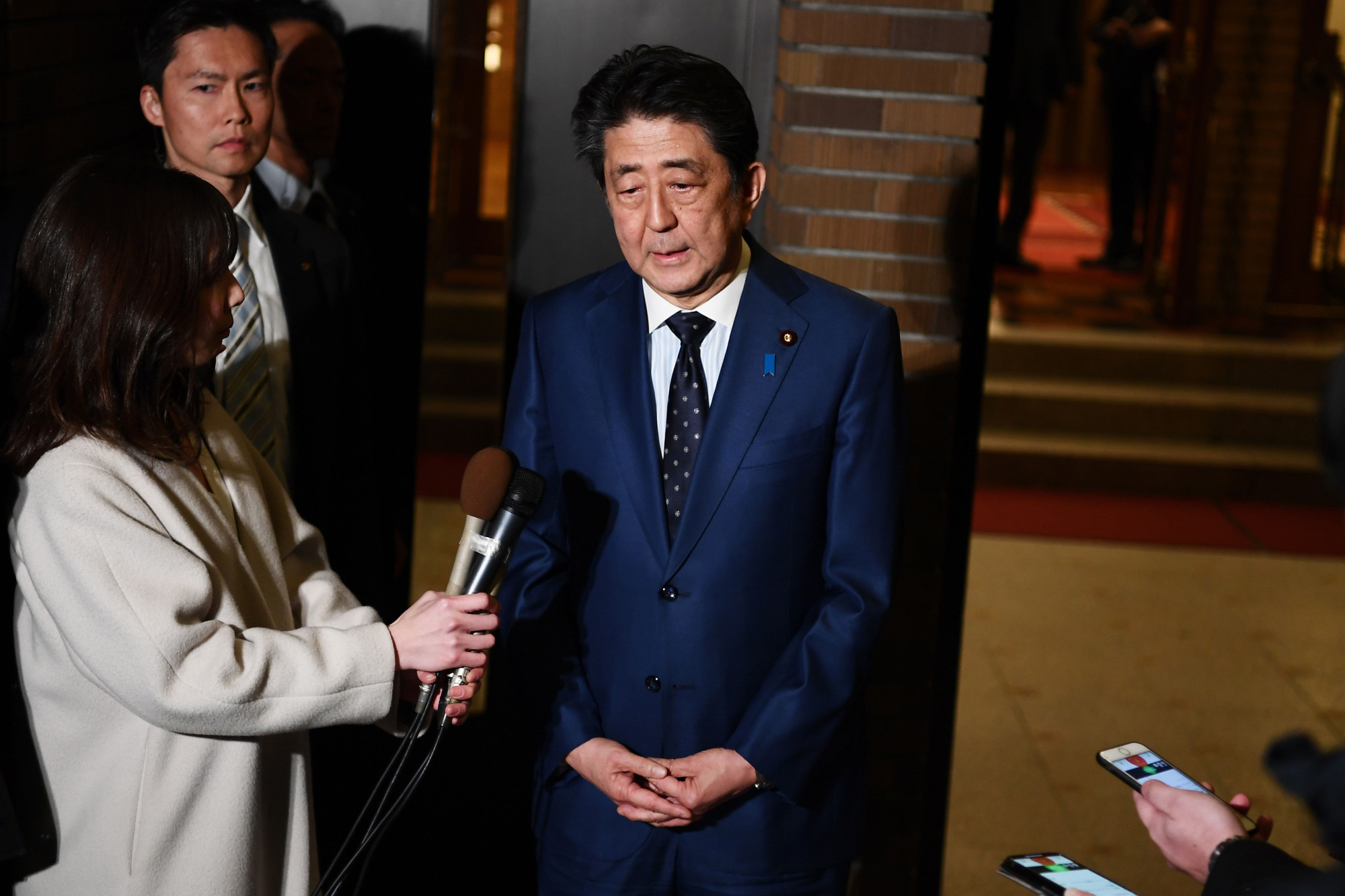With the global COVID-19 crisis quickly escalating, Prime Minister Shinzo Abe has had to accept a hard truth, rightly taking the initiative in telling the Diet this week that the Tokyo Summer Olympic Games may need to be rescheduled, and ultimately reaching an agreement with the International Olympic Committee to postpone the event until 2021. (The IOC had given itself four weeks to decide what to do.)
Until recently, Abe's reluctance to delay the games was understandable. The 2020 Olympics and Paralympics have long been billed as a chance for Japan to demonstrate to the world how well it has recovered from the devastating earthquake, tsunami and nuclear meltdowns of 2011, and to showcase its diversity and openness to often-skeptical outsiders. To postpone or cancel the games will be a big — and very costly — disappointment.
But that previous calculus was overturned. The problem was not a lack of preparedness on Japan's part. After closing all schools on March 2, the government is already discussing plans to reopen them for the new academic year starting in April; universities are making similar plans. While there is a heated debate over the wisdom of reopening these facilities, the fact is that the country had only 1,140 confirmed COVID-19 cases and just 42 deaths from the disease as of March 24. Compared with other large, densely populated countries, Japan has been pretty successful in containing the outbreak.



















With your current subscription plan you can comment on stories. However, before writing your first comment, please create a display name in the Profile section of your subscriber account page.